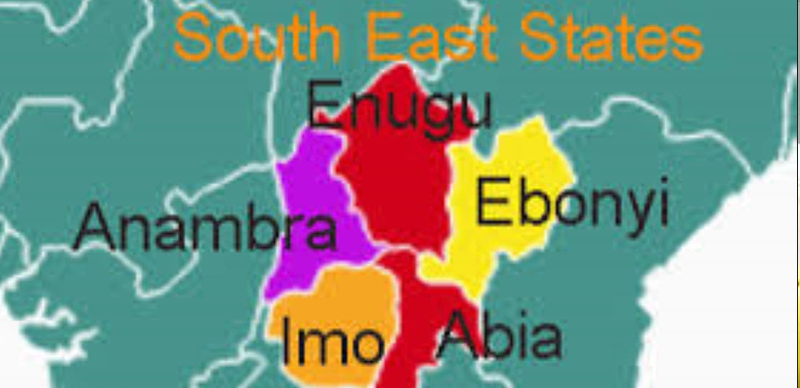The 119 villages in the nine autonomous communities in Nsukka town, Nsukka Local Government Area of Enugu State, Wednesday, formalised the eradication of Osu Caste system in their communities.
The decision which was taken by the monarchs, town unions and other traditional institutions in the communities in collaboration with the Initiative for the Eradication of Traditional and Cultural Stigmatization in our Society, IFETACSIOS, was capped up with an interdenominational prayer session cum declarations and ‘Isu Oho’ by the chief priests and ‘Akpuraruas’ from the three quarters which make up Nsukka town.
Speaking during the interdenominational prayer session at the St. John’s Primary School, Ugwuorie, Nsukka, the Catholic bishop of Nsukka Diocese, Most Rev. Godffrey Onah, condemned the reprehensive traditional practice.
Quoting Galatians 3:28, the clergy explained that there was no need for discriminatory practices amongst people created by God.
The bishop who was represented by the Cathedral Administrator, Rev Fr. Eugene Odo, also said “this is the first of its kind in Nsukka cultural zone. There cannot be development amidst strife and discrimination. The Osu caste system needs to be eradicted to enable all memebers of the society contribute their quota in moving the communities forward because we cannot make progress when we discriminate against ourselves,” the cleric said.
He also called for other communities within the Nsukka cultural zone to emulate Nsukka town by initiating steps towards ending harmful cultural practices that are anti people.
Speaking to journalists during the event, the President General of Nsukka Town Union, Chief Joseph Onyeke, while commending the nine autonomous communities in Nsukka town for the landmark achievement, said “By history, we cannot forget the efforts of our noble men and women like William Wilberforce, Mary Slessor who, about 200 years ago, volunteered their lives to make sure slave trade was abolished. Even though they achieved great height in securing legal freedom for the enslaved, some deprivations remained in practice till this day.
“In practice, discriminations have continued even in this part of the continent. They include denials of intermarriage, title-taking_Oha and Umuada, placement of Oho and Oduatu together and ascending to the height of ‘Onyeishi Aruah among others. The consequences of the above were restiveness and underdevelopment in all sectors of life.
“In Nsukka town, the crises of 1946-1955 regarding the discrimination practices worsened the matter, and ever since then, the problems were managed and never solved,” he said.
Also in his remarks, the traditional ruler of Ihe Nsukka Autonomous Community, HRH, Igwe George Asadu said , that Osu was a creation of humans and not God.
“The segregation lives here on earth and not in heaven. Even the Bible upholds all humans as equal before God,” he said.
He also said that with the eradication of Osu caste system, there would be hitch free intermarriage and equal economic rights which hitherto were not the case before now.
His counterpart of Owerre Nsukka Autonomous Community, HRH, Igwe Emeka Ugwu, said he was happy over the development, adding that he was the first monarch in Nsukka cultural zone to initiate the move towards the abolishment of the discriminatory practices.
In his contribution, the Visioner and Coordinator of IFETACSIOS, Nwada Stella Ogechukwu, while expressing her joy over the abolishment of the practice said “I take full cognizance of other communities that have abolished the caste system, but I call the Nsukka people the pace setters because you came together in strength, might and love to jettison the evil practice.
“I know the kind of efforts that go into achieving such a milestone. Your actions towards achieving this feat are commendable and worthy of emulation,” she said.
Earlier in his address, the chairman of the committee on Total Eradication of Discrimination between Ohu and Amu in Nsukka Town, Barr Peter Odo, described the development as a new dawn in the communities.
“After elaborate deliberations, it was unanimously agreed that the discriminatory practices between ‘Osu and Amu’ be totally eradicated and eliminated,” he announced.
He said that the committee set up to effect the abolishment came up with three solutions of “appeasement, compensation and reparation, adding that those who felt wronged and those whose forefathers may have also wronged others have fully forgiven one another.
119 villages abolish Osu Caste system practice in Nsukka
Post Date : April 7, 2021






